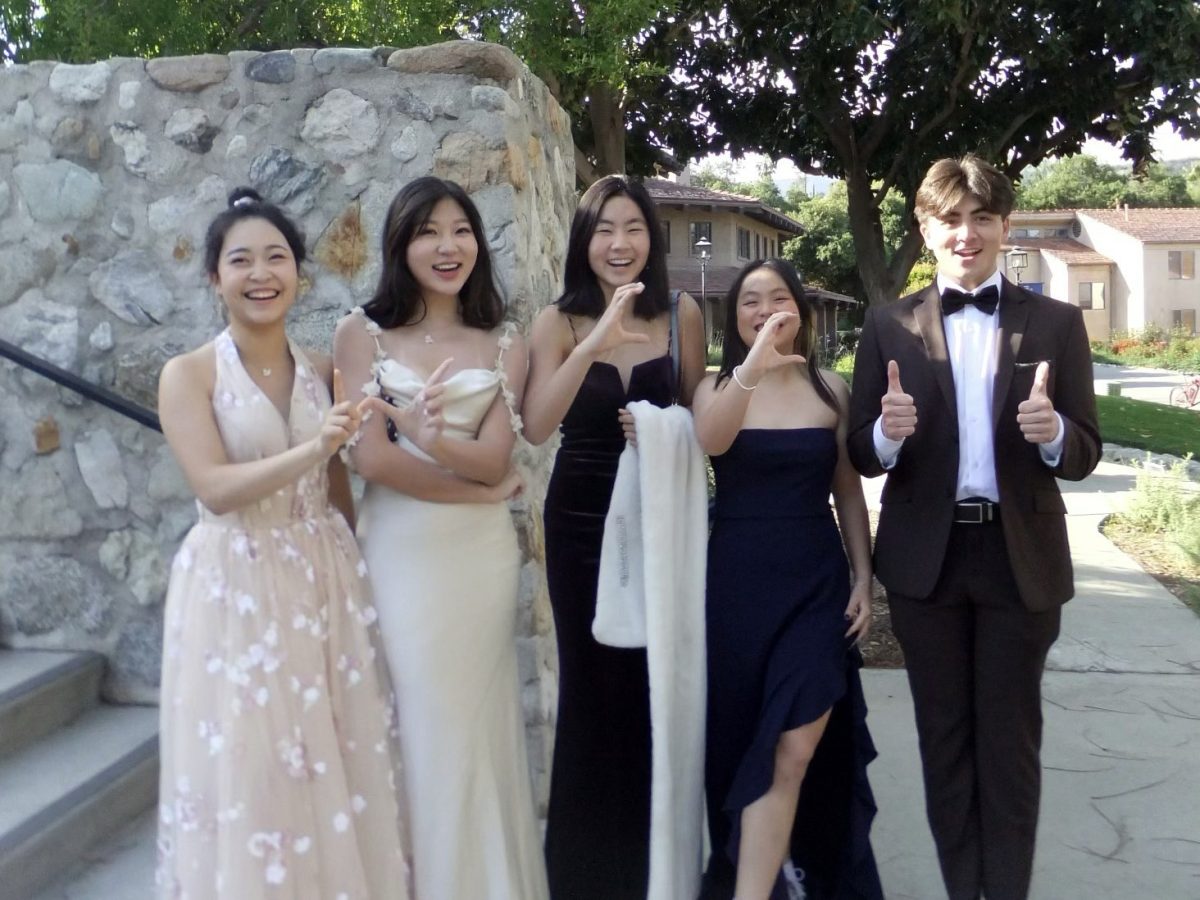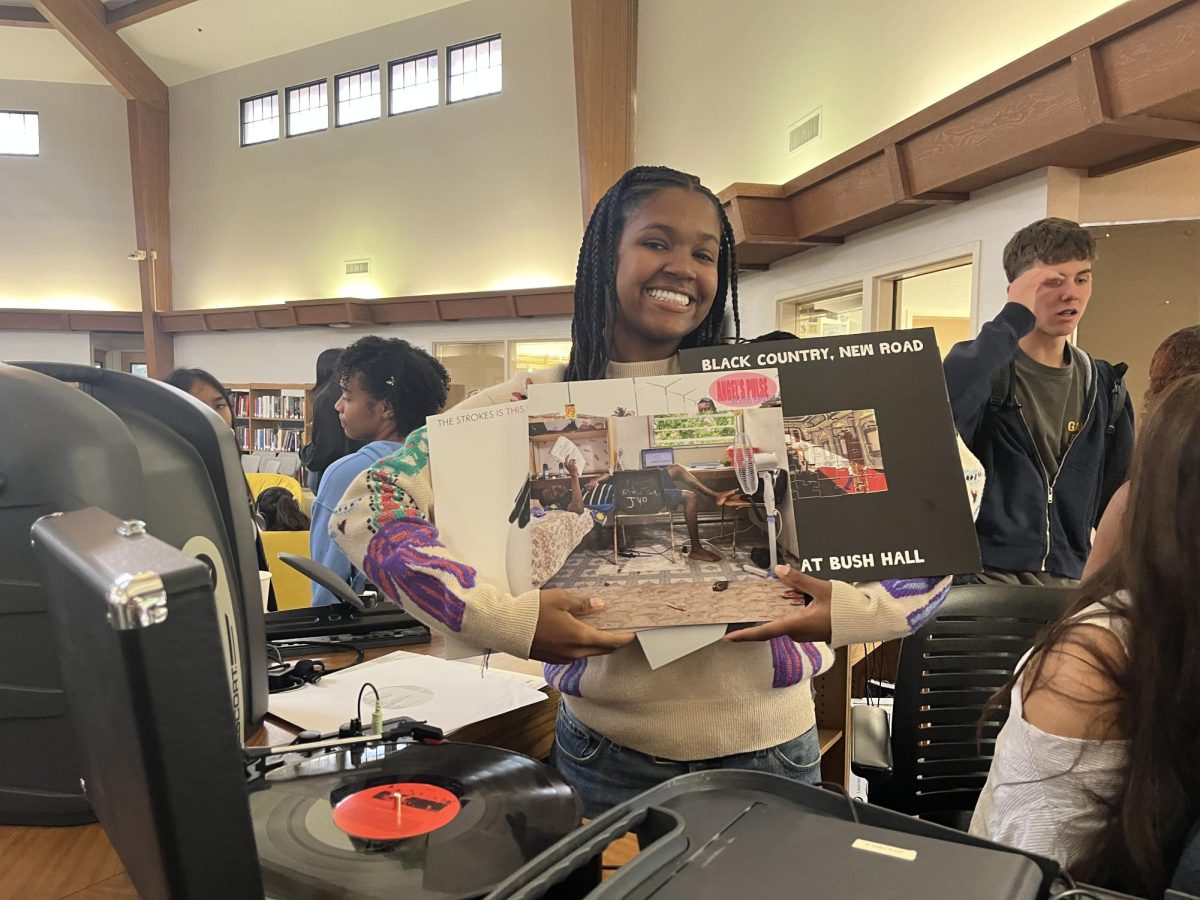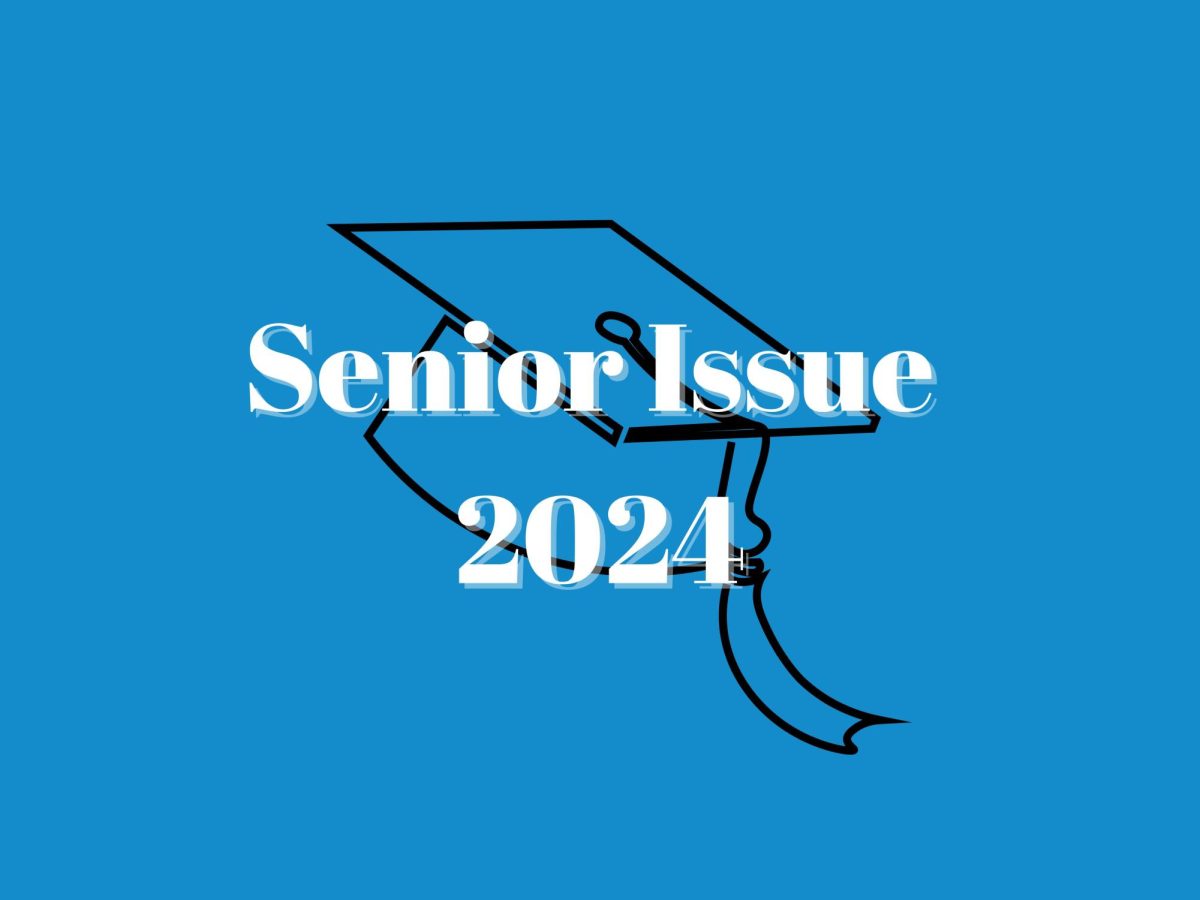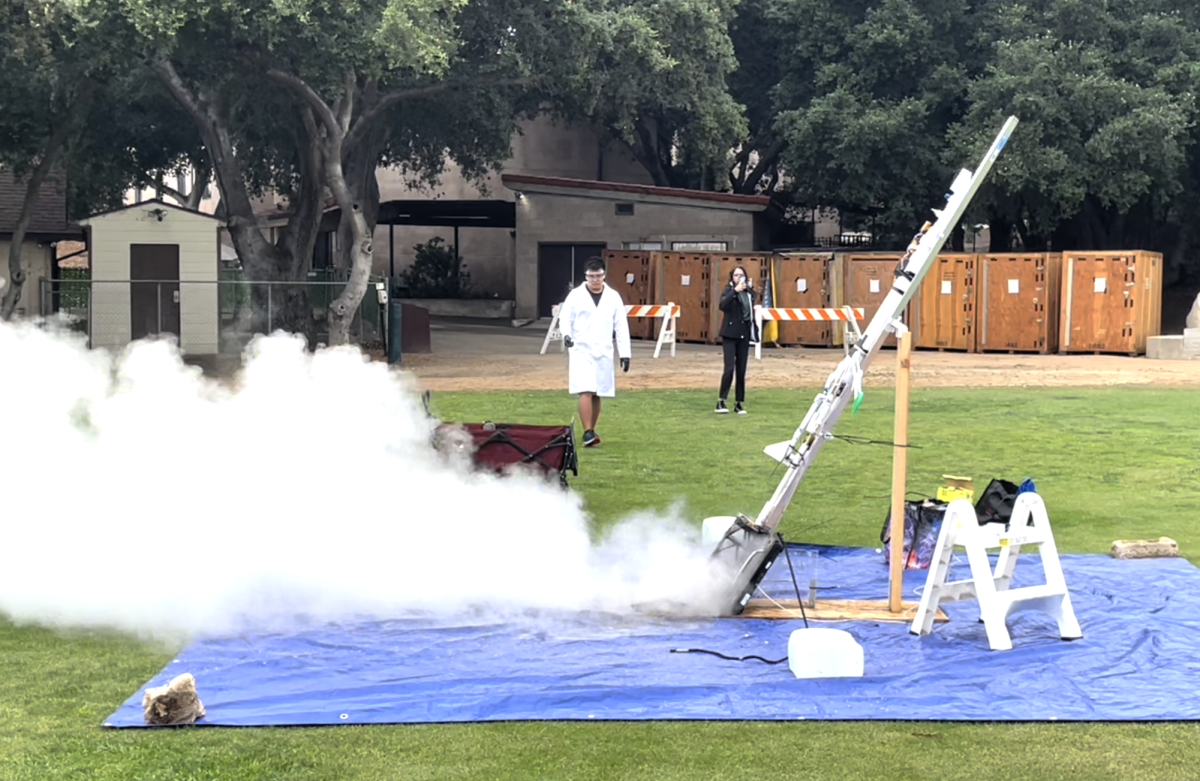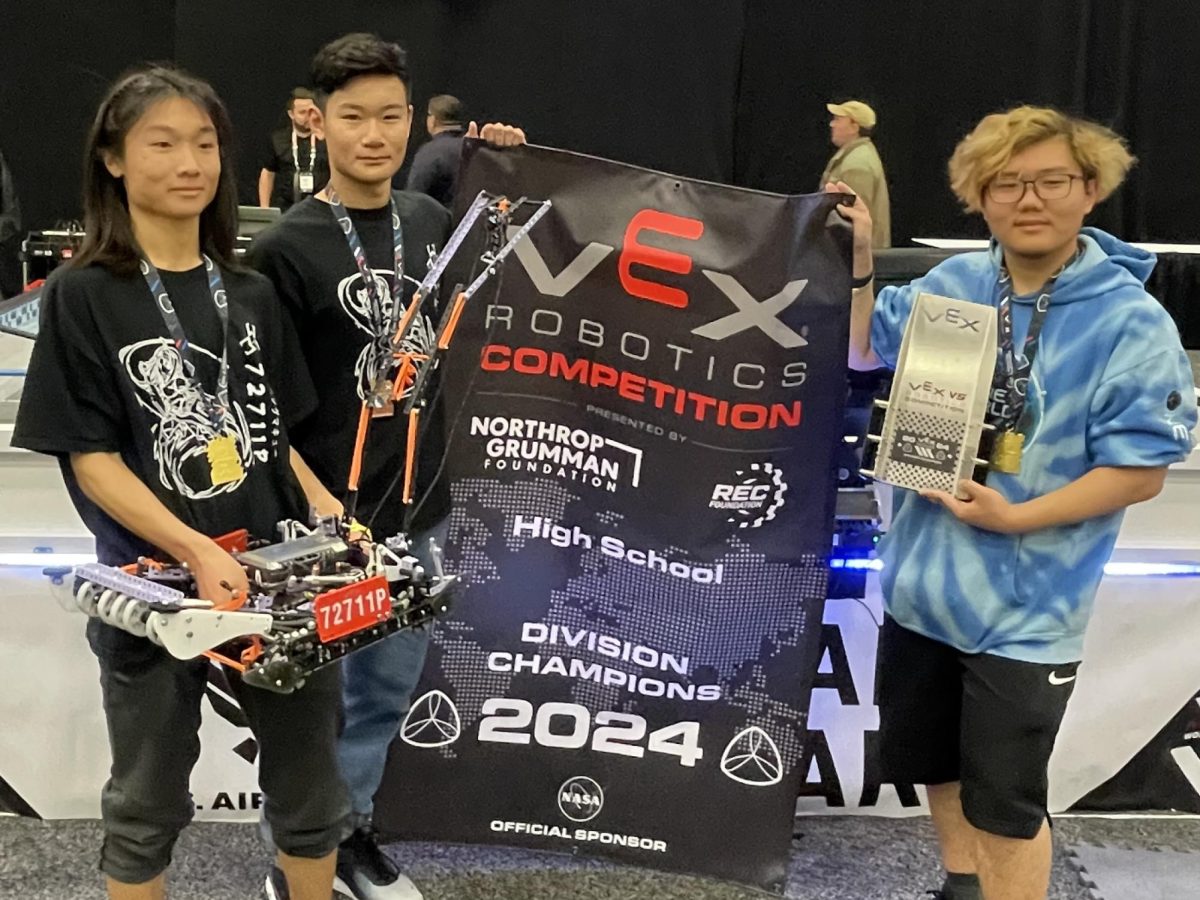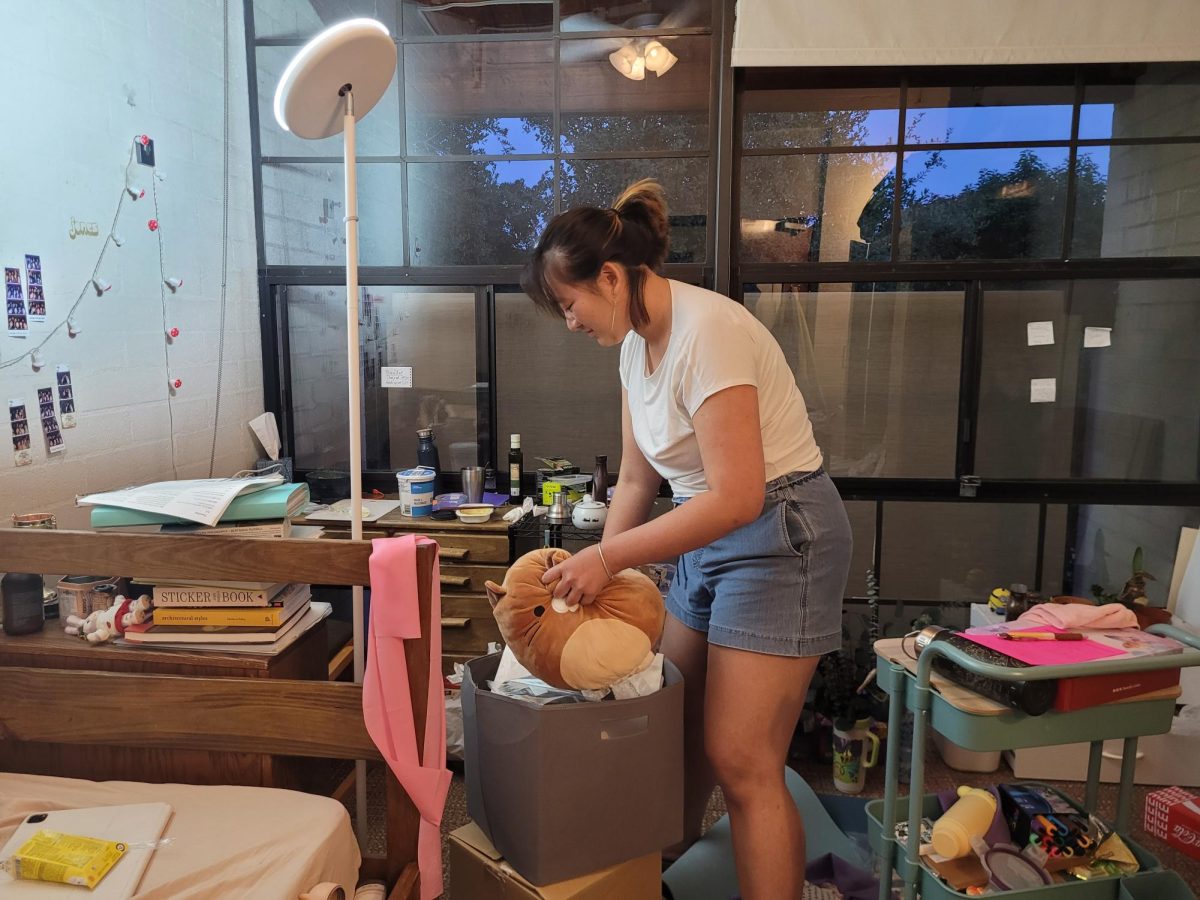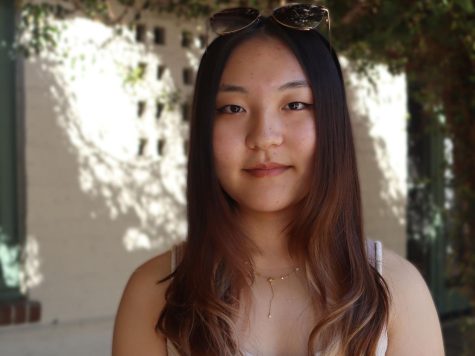Do you think Webb does enough to respond to racism and to build an inclusive community?
In the past few years, Webb has branched out and taken more steps to create a more inclusive space, honoring discussions of identity and race through conferences and student-led groups. However, the process of anti-bias and anti-racism training is very much still a process; there is much work to do to continue the trajectory Webb seeks its community to carry forward.
“[Webb’s] attempts [at inclusivity] are: let’s have DEI meetings and affinity groups, which just seems mostly like a response to what happened to 2020, which is still good, and it is here now, but there needs to be something more,” Yvette Shu (‘23) said.
Now, we have to ask ourselves this question: How can we create an inclusive space to truly influence and change the community in an impactful way?
To answer this question, let’s first take a look at why we need to take steps towards creating a more cohesive community. Specifically, some students have brought up issues of racism and aggressions that quite frankly have not been able to be dealt with in an effective way.
“Whenever anything is brought to us, we call people in and talk to them and hear what happened,” said Rick Duque, WSC Dean of Students. “[Either we can direct the issue] to the Honor Cabinet or get people together to talk about the issue and educate them.”
Moreover, there are certain times where administration struggles as well.
“The most difficult part of our job is that we are not able to talk about every disciplinary issue,” Mr. Duque said.
Along the same lines, our community is small, yet not small enough to manage everything completely and thoroughly. Take for example the health surveys sent out at intervals throughout the year; these surveys aim to get a general glimpse of mental health and concerns the community feels. Yet the surveys can only do so much to address every proposed problem.
“It is hard to respond to one or two specific things on those surveys,” said Melanie Bauman, Director of Counseling & Health Education. “We can get an overview on what is happening, and then the school can do things to respond to that data.”
Surveys are a palatable way to assess the general feelings and concerns of the community and sometimes administration can directly change policies to adjust to the needs of the community.
“An example was that years ago, students were not getting help with substance abuse due to our policies, so students were not coming forward to get help. That made us reevaluate and revamp our policies completely,” Ms. Bauman said.
Change starts when both administration and students express a desire to work towards solving a particular issue and problem. However, there is only so much information surveys and check-ins can give, so the focus of creating this change must lie in having individuals create internal change to reflect onto the rest of the community. This concept means changing the fundamentals of how we interact and view others by educating ourselves and becoming aware of not only our situation, but those of others as well.
In other words, we have to get people to truly care about their actions and how they impact others.
We can call out racism with big banners and claim that we would never have that on our campus, but the real challenge comes from those day-to-day issues that are ingrained within our community. Likewise, there are those experiences that cannot be so easily quantified. Whether it be a mispronunciation of a name, being mistaken for someone else, or the subtle joke that passes just enough to elicit forced laughs, these microaggressions also add up little by little eventually settling in as the norm.
So how can we start to communicate these messages effectively? Are the mandatory speakers, assemblies, and Health and Living meetings truly effective? It is difficult to try to change an existing system all at once, and it is even more difficult to try and change those who do not want to be changed.
“To get people to care, it is about creating empathy, not just sympathy,” said John Choi, Director of Equity. “The other thing about creating empathy is that it is about creating connections. There are people in your life that are being affected, and you have to connect on a personal level.”
Creating empathy not only means saying ‘I feel bad for you’ but rather that ‘I understand how you feel, and I am here for you if you need me.’ We should focus on creating personal connections to get people to care.
An idea could be more transparent communication between authority and the students. As of right now, the deans and the rest of administration welcome anyone with questions and concerns at any time, yet some students may still feel daunted or uncomfortable approaching them, allowing for the cycle of being too scared to speak up to continue.
To do that, Webb should create more opportunities to not only connect with each other on a personal level, but also provide more spaces for students to have a chance to be open about what they think, feel, and need in order to create a better cycle of properly assessing emotions and actually being acknowledged on their struggles. Diversity conferences were a start, and the school should look towards making DEI the crux of our community’s identity, as inclusivity should be accessible and present for the entire community.
Whether it is implementing more diversity in education where students have opportunities to explore personal narratives through novels and curriculum or centering events around DEI and have that become an integral part of Webb’s identity, we should focus on how we can create lasting change. The hardest job we have right now is to overcome that challenge bordering between implementing change and influencing people to change. As Webb states on its Diversity, Equity, & Inclusion page, “we [should] consider how our words and actions may affect others as well as reflect on ourselves. As a diverse community, we aim to foster an environment that genuinely encourages expressions of differing ideas and values.”
This statement should not hold empty value, for it is the very key to unlocking the fundamentals of creating an empathetic community. Webb has come a long way since the first students set foot on campus, and we should be constantly trying to do better, both students and administration included.


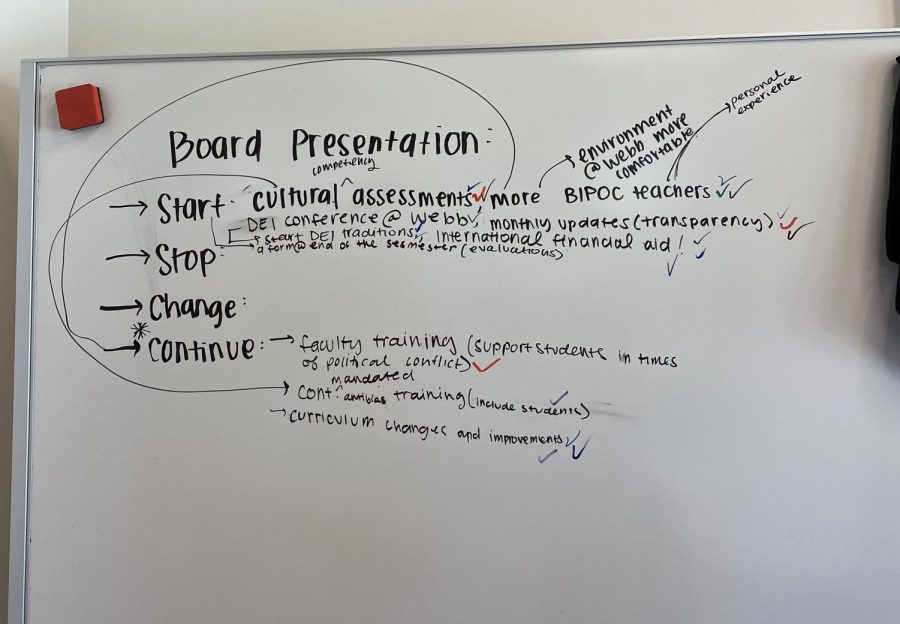



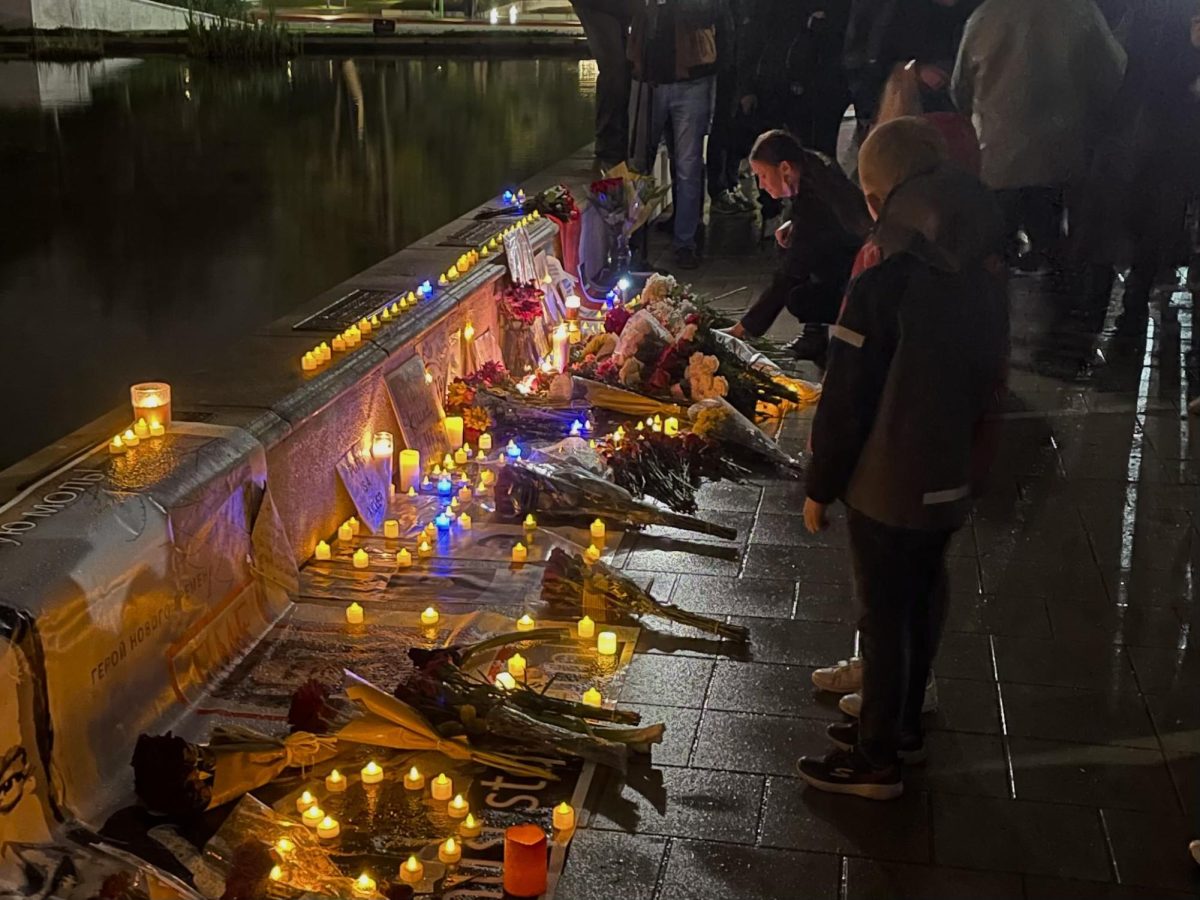
![Student loan borrowers rally near the White House for Joe Biden to cancel all student loans. Biden, pictured left, is troubled with diminishing popularity with youth as he fails to forgive all students loans as he had promised. “[Biden] kind of fumbled things even though he tried with student loan forgiveness,” said Cory Warren, humanities department faculty. “That was [the] number one campaign promise to get the youth vote.” Whether it is student loans, age, or foreign policy, what, ultimately, drives away the youth vote for Biden?](https://webbcanyonchronicle.com/wp-content/uploads/2024/03/Duan-biden-popularity-1200x675.jpeg)

